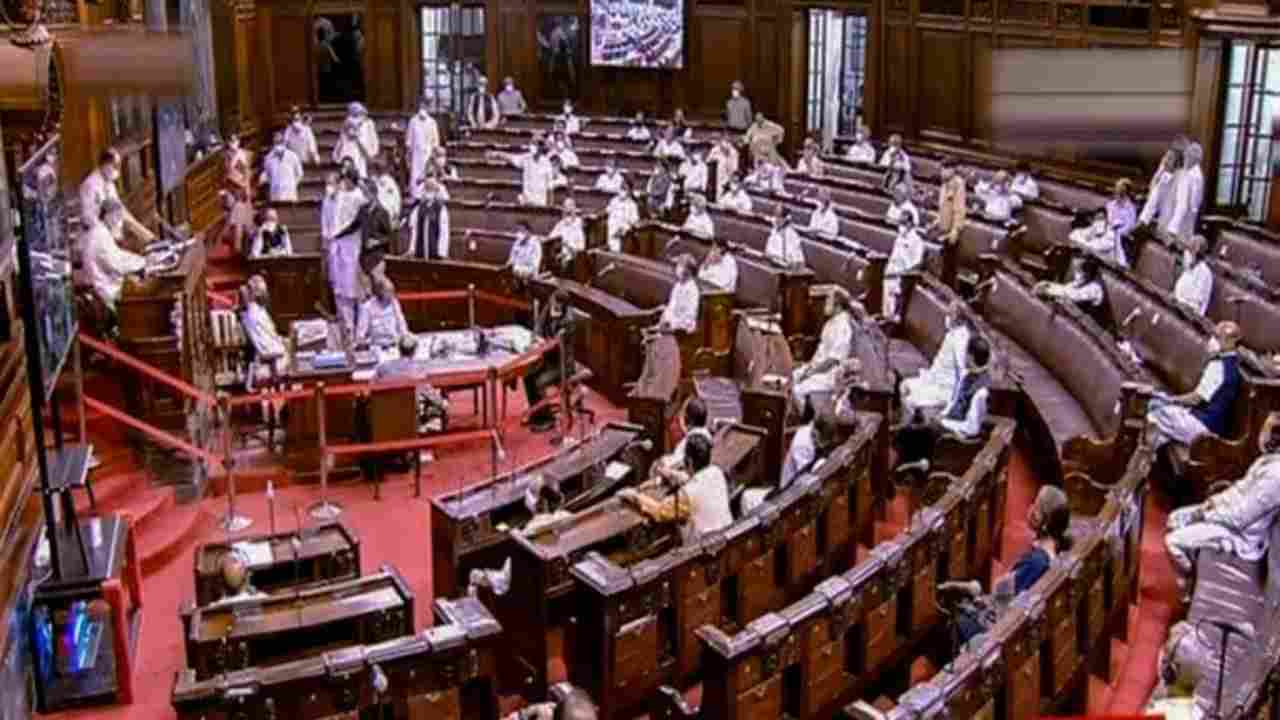The Parliament on September 23 introduced three of the four labour code bills that comprise the government’s labour reforms. The Rajya Sabha passed the three labour codes on industrial relations amid a boycott by opposition parties including the Congress and Leftover suspension of eight MPs.
Workers’ rights groups insist that these laws will only promote a ‘hire and fire’ regime and take away the right to protest from workers. Also, they said the new norms would adversely affect the workers by allowing easy retrenchment and exempting certain categories of companies from adherence to the laws that safeguard their rights.
The three labour reform Bills were introduced by the Minister of State for Labour and Employment Santosh Kumar Gangwar on September 19. At the end of the debate on these Bills, Gangwar said the Ministry has incorporated 174 out of 233 recommendations of the standing committee on labour for the three codes. This amounts to 74% of the recommendations. He also declared that the government-held nine tripartite consultations, and 10 inter-ministerial consultations during the drafting stage of the codes.
Key highlights of 3 labour reform bill:
- The purpose of labour reforms is to provide a transparent system to suit the changing business environment, said Labour Minister Santosh Gangwar.
- As many as 16 states have already increased the threshold for closure, lay off and retrenchment in firms with up to 300 workers without government permission.
- The Minister said that is not good for employment generation to keep the threshold low at 100 because it discourages employers to recruit more workers than this and they deliberately keep their workers’ strength below it. The minister was of the view that the increase in threshold would result in job creation and encourage employers to hire.
- He said these bills would safeguard the interest of workers and provide universal social security to workers by expanding the ambit of Employees’ Provident Fund Organisation and Employees’ State Corporation of India.
- He also said that there would a social security fund to cover around 40 crore unorganised sector workers.
- Over 29 labour laws have been merged into four codes and one (Code on Wages Bill, 2019) of them has already been passed, according to the minister.

















